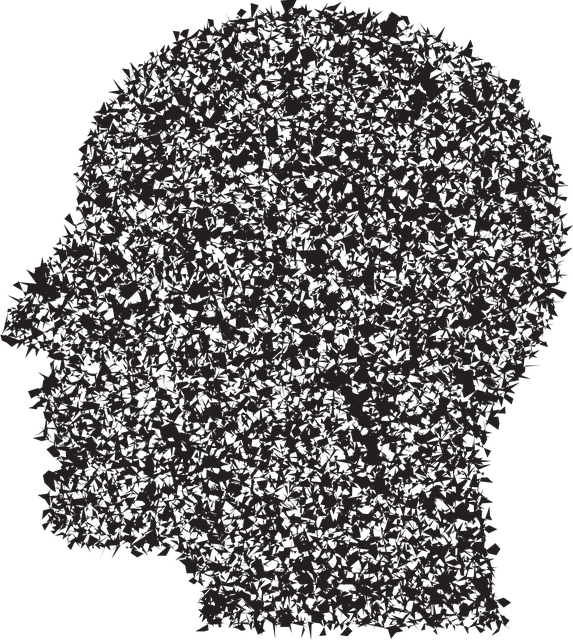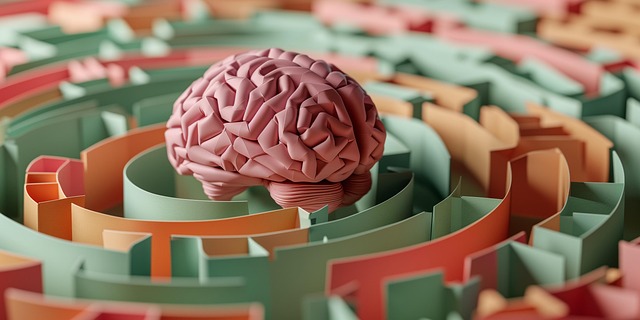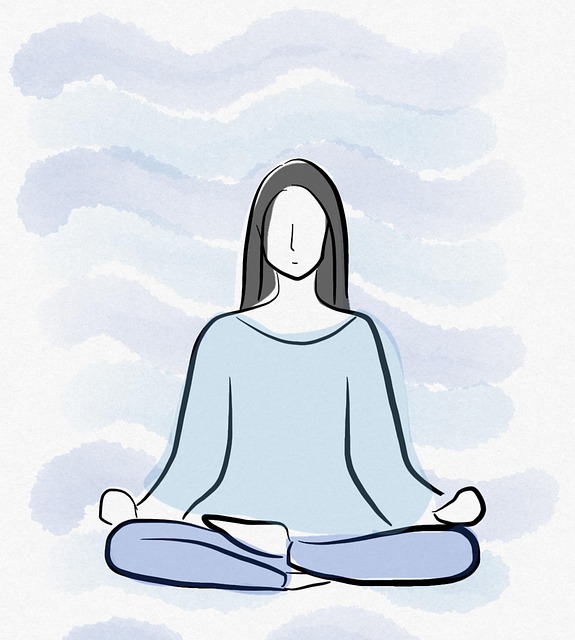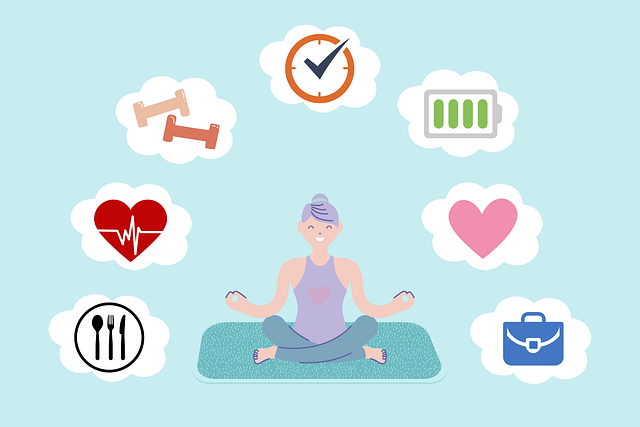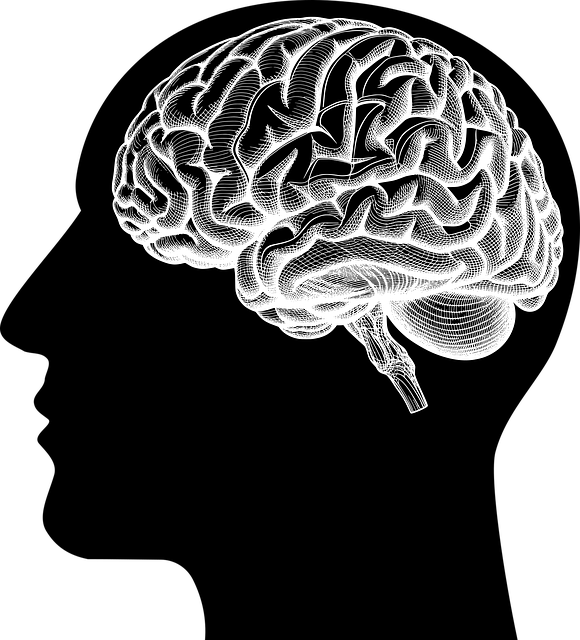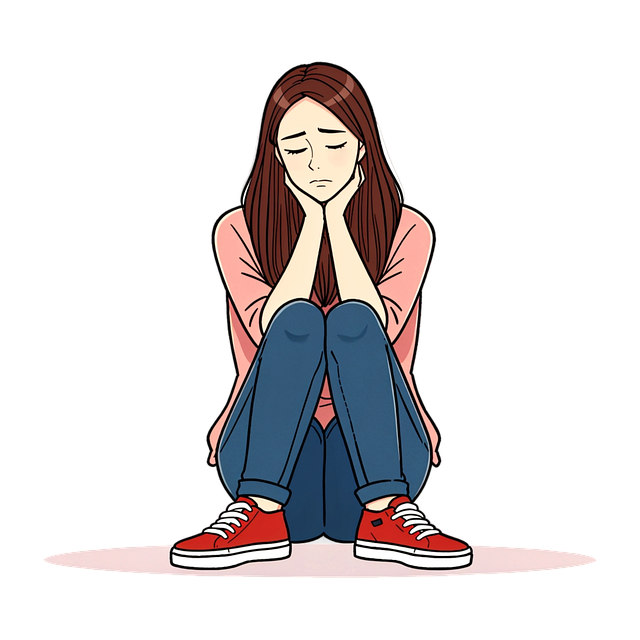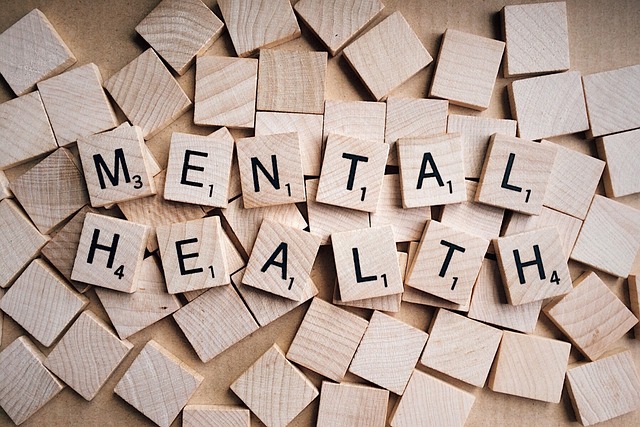Boulder Adjustment Disorder (BAD) therapy emphasizes self-care as a powerful tool for managing symptoms by improving mental, physical, and emotional well-being. Incorporating practices like mindfulness, exercise, and hobbies cultivates resilience, reduces stress, and enhances quality of life. Overcoming challenges through structured self-care routines, despite obstacles like anxiety or depression, is crucial for holistic improvement. Boulder Adjustment Disorder Therapy provides effective coping mechanisms, cognitive-behavioral techniques, and safe spaces for self-exploration to prioritize personal well-being. Public awareness campaigns promoting mental health benefits can encourage individuals to embrace alternative therapies for transformative positive change.
“Unwind, rejuvenate, and rediscover yourself through an enhanced self-care routine. This comprehensive guide explores the profound impact of self-nurturing practices on mental well-being, offering a roadmap to better health. We delve into the core concepts, identifying barriers and providing effective solutions. From mindfulness techniques to stress management, learn how to integrate holistic habits for lasting change. Discover strategies to overcome challenges, ensuring your self-care journey remains consistent, even amidst life’s ups and downs. Embrace the transformative power of self-care, much like a Boulder Adjustment Disorder Therapy session, realigning and revitalizing your mental landscape.”
- Understanding Self-Care: The Foundation of Well-being
- Uncovering Barriers to Effective Self-Care Practices
- Integrating Mindfulness and Stress Management Techniques
- Cultivating Healthy Habits for Holistic Improvement
- Overcoming Challenges: Sustaining Self-Care Routines
Understanding Self-Care: The Foundation of Well-being

Understanding self-care is a crucial step towards achieving and maintaining well-being. It involves recognizing the importance of taking care of one’s mental, physical, and emotional health, especially when managing conditions like Boulder Adjustment Disorder (BAD). Self-care practices are essential coping skills development strategies that empower individuals to navigate life’s challenges more effectively. By prioritizing self-care, people with BAD can foster empathy building strategies within themselves and their support networks, leading to improved resilience and overall quality of life.
In the context of BAD, where individuals often struggle with adjustment and emotional regulation, incorporating consistent self-care practices becomes a game-changer. This could include activities such as mindfulness meditation, regular exercise, sufficient sleep, and engaging in hobbies or creative pursuits. These practices not only help reduce symptoms but also provide an outlet for stress relief and emotional expression. Moreover, adopting a holistic approach to self-care allows individuals to reconnect with their needs, fostering a sense of balance and inner peace.
Uncovering Barriers to Effective Self-Care Practices

Many individuals struggle to incorporate effective self-care practices into their daily routines due to various barriers. These obstacles can range from demanding work schedules and caregiving responsibilities to financial constraints and a lack of support systems. For those dealing with mental health challenges, such as Boulder Adjustment Disorder Therapy, these barriers often compound, making it even harder to prioritize personal well-being.
Risk Management Planning for Mental Health Professionals plays a crucial role in addressing these issues. By recognizing and understanding the unique challenges faced by individuals with mental health disorders, Trauma Support Services can be tailored to offer much-needed assistance. Additionally, promoting self-care initiatives like Depression Prevention strategies can empower people to take proactive steps towards enhancing their overall mental health and resilience.
Integrating Mindfulness and Stress Management Techniques

In today’s fast-paced world, integrating mindfulness and stress management techniques is crucial for maintaining mental health awareness. Boulder Adjustment Disorder Therapy (BADT) offers a unique approach to addressing the challenges of modern living by teaching individuals how to cultivate present-moment awareness and develop healthier coping mechanisms. Through practices such as meditation, deep breathing exercises, and yoga, BADT helps folks navigate the hustle and bustle of daily life with increased resilience and positive thinking.
Public Awareness Campaigns Development can play a significant role in promoting these practices on a broader scale. By highlighting the benefits of mindfulness and stress management, these campaigns can foster a culture that values mental well-being. This, in turn, encourages individuals to explore alternative therapies like BADT, leading to transformative changes in their overall quality of life.
Cultivating Healthy Habits for Holistic Improvement

Cultivating healthy habits is a cornerstone of holistic improvement, encompassing both physical and mental well-being. This involves adopting routines that nurture your mind, body, and spirit. Simple practices like regular exercise, balanced nutrition, and adequate sleep lay the foundation for optimal health. For those dealing with Boulder Adjustment Disorder Therapy or Burnout Prevention Strategies for Healthcare Providers, integrating mindfulness, meditation, or therapy sessions into your self-care routine can be transformative.
Self-Care Routine Development for Better Mental Health is not just a trend; it’s a necessity. By prioritizing consistent self-reflection and engagement in activities that bring joy and relaxation, individuals can mitigate stress and anxiety levels. These habits not only enhance mental clarity but also strengthen resilience against life’s challenges. Incorporating nature walks, creative pursuits, or social connections into your schedule can further enrich your holistic health journey, contributing to a more balanced and fulfilling life.
Overcoming Challenges: Sustaining Self-Care Routines

Overcoming challenges is a significant step in sustaining self-care routines, especially when dealing with conditions like Boulder Adjustment Disorder. This mental health condition often presents unique obstacles to maintaining healthy habits, as individuals may struggle with motivation and consistent practice due to symptoms such as anxiety or depression. However, therapy plays a pivotal role in helping one navigate these challenges. Through various therapeutic approaches, including cognitive-behavioural therapy (CBT) and mindfulness practices, individuals can develop effective coping strategies.
Therapy provides a safe space for self-exploration, fostering better self-awareness exercises that are crucial for understanding personal triggers and needs. With the guidance of a qualified therapist, one can learn stress reduction methods tailored to their specific challenges. This might involve incorporating structured self-care routines into daily life, ensuring consistency despite setbacks. By combining therapy with these practices, individuals can work towards holistic mental health improvement, making self-care not just a sporadic activity but an integral part of their overall well-being.
Self-care is a transformative journey that requires understanding, dedication, and resilience. By recognizing barriers and integrating practices like mindfulness and stress management, individuals can embark on a path of holistic improvement. Cultivating healthy habits and overcoming challenges through adjustment disorder therapy in Boulder allows for sustained well-being. Remember, prioritizing self-care is not just a choice; it’s an essential practice to thrive in today’s fast-paced world.
